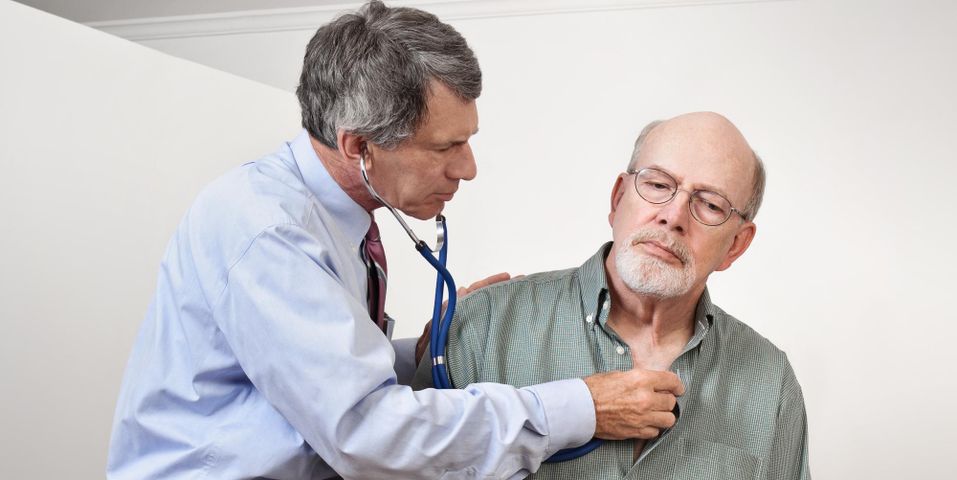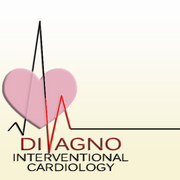What Is Transesophageal Echocardiography?

Transesophageal Echocardiography (TEE) is a method doctors use to closely examine the heart and the surrounding area. This type of cardiac testing uses high-frequency sound waves to produce a video that provides health care professionals with a clear image of your heart. If you’re having one in the near future, here’s what you need to know,
What Does TEE Involve?
TEE allows doctors to examine every part of the heart, as well as the connecting blood vessels. They use it to look for structural and functional problems. During the procedure, a narrow tube carrying an echo transducer is passed through the mouth and throat into the esophagus. The esophagus is close to the heart, so the images produced are clearer than those made by a standard echocardiogram.
When Would You Need TEE?
 TEE is sometimes used when other types of cardiac testing are not adequate. For example, people who are overweight, have a bandaged chest, or have a thick chest wall will benefit from TEE. The method is also used to provide a picture of the heart during surgery.
TEE is sometimes used when other types of cardiac testing are not adequate. For example, people who are overweight, have a bandaged chest, or have a thick chest wall will benefit from TEE. The method is also used to provide a picture of the heart during surgery.
Common issues doctors look for using TEE include inefficient pumping, blood clots, and blocked valves. It also shows any abnormal tissue, which can indicate infection.
What Are the Risks of TEE?
There are few risks associated with this type of cardiac testing. One of the main concerns, however, is the stress of having a tube passed into the throat; however, your heart doctor can give you a sedative to help you relax. You may have a slightly sore throat for a day or two. If your throat feels numb for a few hours after the procedure, refrain from eating or drinking until the numbness goes away.
DiVagno Interventional Cardiology, MD, PA in Bergen County, NJ, offers cardiac testing and treatments using state-of-the-art equipment and highly advanced techniques. With over 20 years of experience, their patient-focused team provides compassionate care to patients in Englewood Hospital Medical Center, Hackensack University Medical Center, and Holy Name Medical Center. To learn more about their services, call (201) 845-3535 or visit their website.
About the Business


